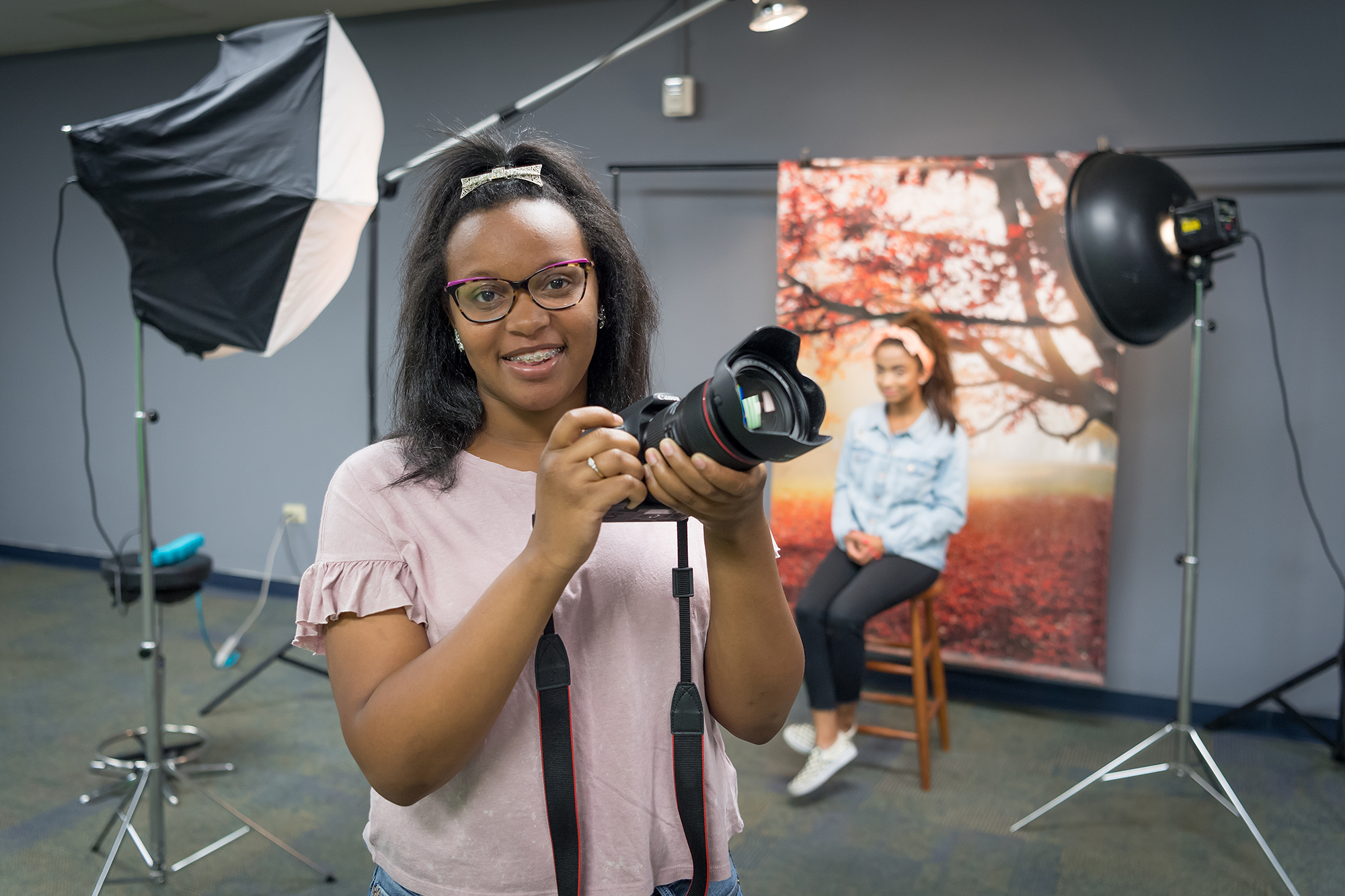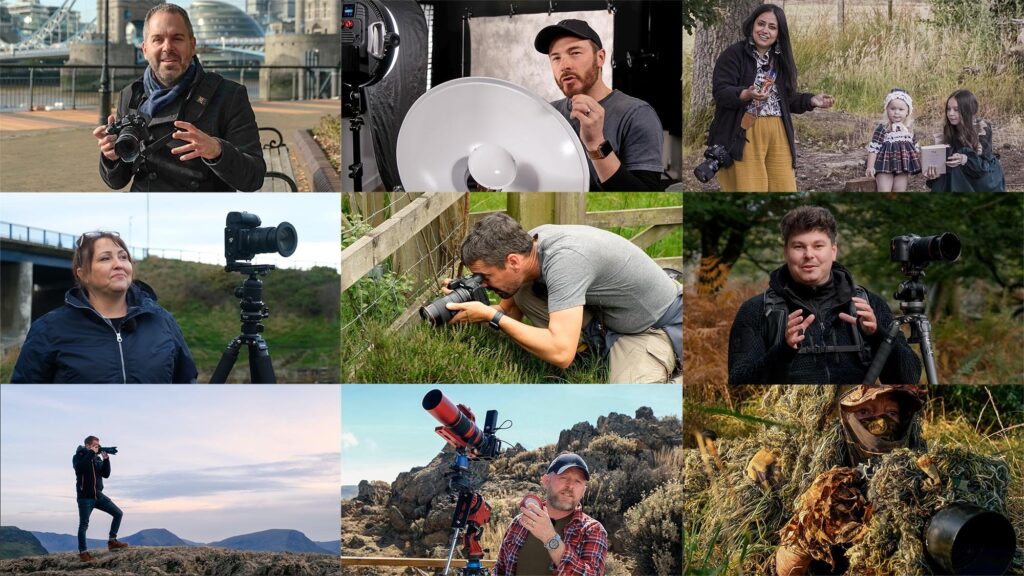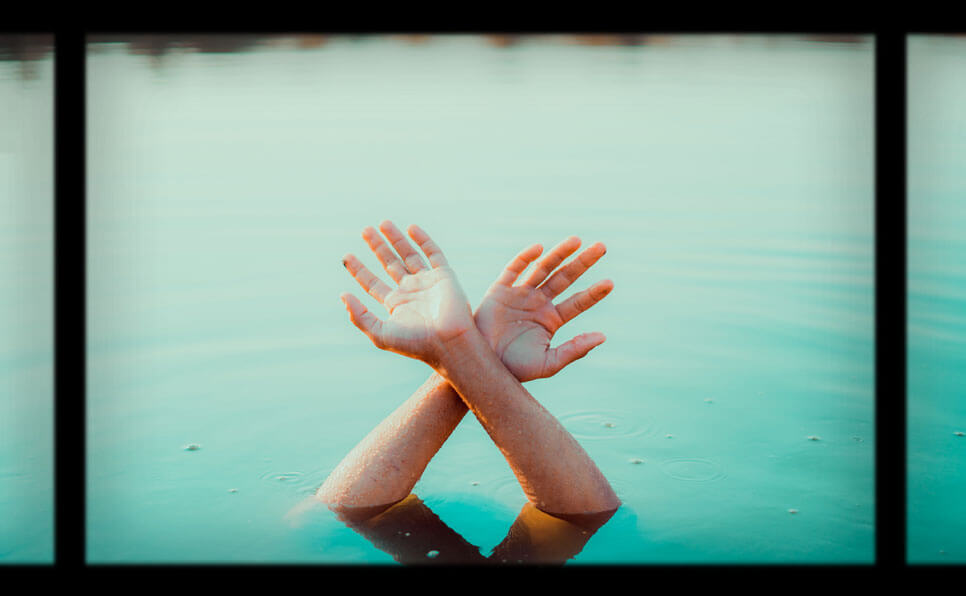Are you ready to transform your passion for capturing moments into a skill that wows everyone? Photography education is your gateway to mastering the art of taking stunning photos that tell stories.
Whether you’re an enthusiastic beginner eager to explore the basics or someone looking to refine your skills, learning about photography can unlock endless creative possibilities. Imagine understanding the intricacies of exposure, composition, and camera settings so you can capture beautiful images with confidence. Dive into the essentials with resources like the Photography 101: Pocket Guide. This guide offers you easy-to-digest tips and tricks that make learning photography fun and accessible. By the end of this article, you’ll discover how to elevate your photography skills and capture the world in a whole new light. Ready to start your creative journey? Let’s explore the exciting world of photography education together!
Introduction To Photography Education
Photography education opens new doors to creative expression. It provides essential skills and knowledge to capture stunning images. Understanding photography principles helps enthusiasts and professionals alike.
The Growing Importance Of Photography Skills
In today’s digital world, photography skills are more important than ever. With social media, everyone wants to share high-quality images. Photography skills help enhance personal branding and storytelling.
Many industries now require photography knowledge. From marketing to journalism, visual content is crucial. Skilled photographers have a competitive edge in these fields.
- Marketing campaigns require compelling visuals.
- Journalists need images to tell stories effectively.
- Social media influencers rely on high-quality photos.
Unlocking Creativity Through Structured Learning
Structured learning in photography boosts creativity. It teaches composition, lighting, and exposure, crucial elements of photography. Courses and workshops provide hands-on experience.
Photography 101: Pocket Guide is a valuable resource for beginners. It covers exposure basics, camera settings, and composition tips. The guide helps photographers improve their skills.
| Features | Benefits |
|---|---|
| Exposure Basics | Understand how light affects your photos. |
| Camera Settings | Learn to optimize your camera for different scenarios. |
| Composition Tips | Capture well-balanced, visually appealing images. |
Structured learning refines techniques and fosters innovative thinking. It encourages photographers to experiment and grow.
Essential Photography Techniques And Tools
Photography is a journey of creativity and skill. To capture stunning images, understanding essential techniques and tools is crucial. In this guide, we’ll explore the basics and delve into advanced techniques that can elevate your photography to new heights.
Understanding The Basics: Aperture, Shutter Speed, And Iso
Aperture, shutter speed, and ISO form the foundation of photography. These three elements control exposure and affect image quality. Understanding them helps in capturing better photographs.
- Aperture: It controls the amount of light entering the camera. A larger aperture (smaller f-number) allows more light, creating a shallow depth of field.
- Shutter Speed: This determines how long the camera’s sensor is exposed to light. Faster shutter speeds freeze motion, while slower speeds create motion blur.
- ISO: It measures the camera’s sensitivity to light. A higher ISO is useful in low light but can introduce noise.
Advanced Techniques: Composition And Lighting
Once the basics are mastered, composition and lighting enhance your photography skills. These techniques help in creating visually appealing images.
- Composition: Good composition leads the viewer’s eye through the photo. Use the rule of thirds, leading lines, and framing to create balance.
- Lighting: Lighting sets the mood of a photograph. Natural light is soft and flattering. Artificial light offers control and creativity.
Both natural and artificial lighting have their place in photography. Experimenting with both can lead to stunning results.
Unique Features Of Photography Courses
Photography courses offer unique features that enhance learning and creativity. These courses are designed to develop skills through practical and theoretical approaches. They provide opportunities to learn from experienced professionals, ensuring a comprehensive understanding of photography.
Hands-on Practice Sessions And Workshops
Hands-on practice sessions are a vital part of photography education. These sessions allow students to apply theoretical knowledge in real scenarios. Workshops offer immersive experiences where learners can experiment with different techniques. They provide a platform to practice with various camera settings and exposure basics.
- Practice with different lens types and compositions.
- Engage in shooting scenarios to hone skills.
- Learn through trial and error in a supportive environment.
Access To Expert Mentors And Real-world Insights
Photography courses often feature access to expert mentors. These mentors bring real-world insights to the table. They share experiences and offer personalized guidance. Learning from professionals provides a deeper understanding of industry standards.
Students gain exposure to current trends and techniques. Mentors assist with portfolio development and networking opportunities. This access enhances the learning process, making it more dynamic and relevant.
- Receive feedback on your work from seasoned photographers.
- Understand the importance of composition tips and camera settings.
- Explore lens info with expert advice.

Credit: www.bhphotovideo.com
Online Vs. In-person Photography Education
Choosing between online and in-person photography education can be challenging. Each method offers unique advantages to budding photographers. Online courses provide flexibility, while in-person classes offer direct interaction. Understanding these differences helps in making an informed decision.
Flexibility And Accessibility Of Online Platforms
Online photography education provides unmatched flexibility. Students can learn at their own pace. This is ideal for those with busy schedules. Online platforms often offer a wide range of courses. These courses can be accessed from anywhere, anytime.
A wide variety of resources are available online. From video tutorials to interactive assignments, options are endless. These resources help cater to different learning styles. Students can revisit materials as often as needed. This ensures a thorough understanding of concepts.
| Feature | Online Platforms |
|---|---|
| Flexibility | Learn at your own pace |
| Accessibility | Access from anywhere, anytime |
| Resource Variety | Video tutorials, interactive assignments |
Benefits Of In-person Interaction And Networking
In-person photography education offers valuable interaction and networking opportunities. Students can engage directly with instructors. This allows for immediate feedback on their work. Instructors can also offer personalized guidance, enhancing learning.
Networking is another significant benefit. Students meet like-minded peers and industry professionals. These connections can lead to future collaborations. Being part of a community can provide motivation and inspiration.
- Direct Interaction with Instructors
- Immediate Feedback
- Personalized Guidance
- Networking Opportunities
- Community Engagement
Both online and in-person education have their unique strengths. Understanding these can help in making the right choice for your photography journey.
Pricing And Affordability Of Photography Courses
Choosing the right photography course can be a daunting task. With a variety of options available, understanding the pricing and affordability is crucial. This section delves into comparing costs between online courses and traditional schools. It also highlights what to look for to ensure you get the best value for money.
Comparing Costs: Online Courses Vs. Traditional Schools
Photography education comes with diverse pricing structures. Let’s compare online courses and traditional schools:
| Aspect | Online Courses | Traditional Schools |
|---|---|---|
| Tuition Fees | Typically lower, ranging from $50 to $500 | Higher, often $1,000 and above |
| Additional Costs | Minimal, mostly digital materials | Books, equipment, and lab fees |
| Flexibility | Highly flexible schedule | Fixed class times |
Online courses offer more flexibility and cost-effectiveness. Traditional schools provide structured learning and hands-on experience.
Value For Money: What To Look For In A Course
Getting value for your money is essential. Consider these factors:
- Course Content: Comprehensive modules covering essential topics like exposure basics and composition tips.
- Instructor Expertise: Experienced instructors with a strong portfolio.
- Certification: Courses offering certification upon completion.
- Student Reviews: Positive feedback from former students.
- Support and Resources: Access to resources like camera settings and shooting scenarios.
Evaluating these aspects helps in selecting a course that offers quality education. This ensures your investment in learning photography is worthwhile.
Pros And Cons Of Different Photography Education Approaches
Photography education offers diverse pathways for enthusiasts to enhance their skills. Each approach has unique advantages and drawbacks. Understanding these helps aspiring photographers choose the best path to hone their craft.
Self-paced Learning Vs. Structured Programs
Self-paced learning provides flexibility, allowing learners to progress at their own speed. This approach suits individuals with busy schedules. Learners can explore various resources, like books, online courses, and tutorials.
- Flexibility: Study anytime and anywhere.
- Cost-effective: Often cheaper than formal programs.
- Resource Variety: Access to diverse materials.
Structured programs offer a more organized learning experience. They include courses from institutions or workshops by professionals. These programs provide a comprehensive curriculum and mentorship.
- Guidance: Expert instruction from seasoned photographers.
- Curriculum: Well-defined learning paths.
- Networking: Opportunities to connect with peers.
| Aspect | Self-Paced Learning | Structured Programs |
|---|---|---|
| Flexibility | High | Moderate |
| Cost | Low | High |
| Guidance | Limited | Extensive |
The Impact Of Technology On Learning Experience
Technology significantly enhances photography education. Online platforms and digital tools make learning more accessible. Learners can access tutorials and courses from experts worldwide.
- Accessibility: Reach educational materials online.
- Interactivity: Engage with interactive tutorials.
- Updates: Access the latest techniques and trends.
Mobile apps and digital cameras provide instant feedback. This helps learners practice and improve their skills efficiently. Technology also allows easy sharing and collaboration with other photographers.
- Feedback: Quick insights on your work.
- Collaboration: Connect with photographers globally.
- Innovation: Explore new digital photography tools.
Balancing technology with traditional methods offers a holistic learning experience. Embrace both to enrich your photography journey.
Recommendations For Aspiring Photographers
Embarking on a photography journey can be thrilling and challenging. With countless resources and courses, choosing the right path can boost your skills. Here are some recommendations for those beginning their photography education.
Choosing The Right Course Based On Goals
Before enrolling in a course, consider your photography goals. Are you aiming for professional expertise or pursuing it as a hobby?
- Professional Courses: These are ideal for those wanting a career in photography. They often cover advanced topics like studio lighting and editing.
- Hobbyist Courses: Perfect for enthusiasts who wish to enhance their skills. They focus on fundamental techniques like composition and exposure.
Review course content and student feedback. Ensure it aligns with your aspirations.
Tips For Maximizing Learning And Creativity
To get the most out of your education, engage actively with the material. Here are a few tips:
- Practice Regularly: Consistent practice helps solidify new skills.
- Experiment: Try different styles and techniques. This boosts creativity.
- Join a Community: Connect with fellow photographers for feedback and inspiration.
- Utilize Resources: Books like Photography 101: Pocket Guide can offer valuable insights into exposure basics and camera settings.
Stay curious and open to learning. This mindset will enrich your photography journey.

Credit: www.dysart.org

Credit: fstoppers.com
Frequently Asked Questions
What Education Is Best For A Photographer?
A degree in photography or visual arts is beneficial. Workshops and online courses offer practical skills. Understanding lighting, composition, and editing is crucial. Business and marketing courses help photographers succeed professionally. Continuous learning and practice enhance creativity and expertise.
What Degree Is Best For Photography?
A Bachelor of Fine Arts (BFA) in Photography is ideal for aspiring photographers. This degree offers comprehensive training in techniques, creativity, and industry insights. It helps develop a strong portfolio, essential for career advancement. Consider schools with excellent facilities and experienced faculty for the best learning experience.
What Qualifications Do You Need For Photography?
A degree isn’t necessary for photography, but courses in photography or art can help. Technical skills, creativity, and understanding of cameras are essential. Building a strong portfolio and gaining experience through practice or internships boost opportunities in the field. Certifications can enhance credibility and expertise.
What Qualifications Do I Need To Teach Photography?
To teach photography, you need proficiency in photography skills and techniques. A degree in photography or visual arts enhances credibility. Teaching experience and a portfolio showcasing your work are beneficial. Certification from recognized photography institutions can also boost your qualifications.
Networking and staying updated with industry trends are essential.
Conclusion
Exploring photography education enhances both skills and creativity. It offers endless possibilities for learning. From exposure to composition, each topic enriches understanding. Ready to dive deeper? Check out Photography 101: Pocket Guide for practical tips. This guide simplifies complex concepts. Perfect for beginners and enthusiasts alike. Photography education opens new perspectives. Helps capture stunning images. Embark on this journey today. Transform your passion into art.



